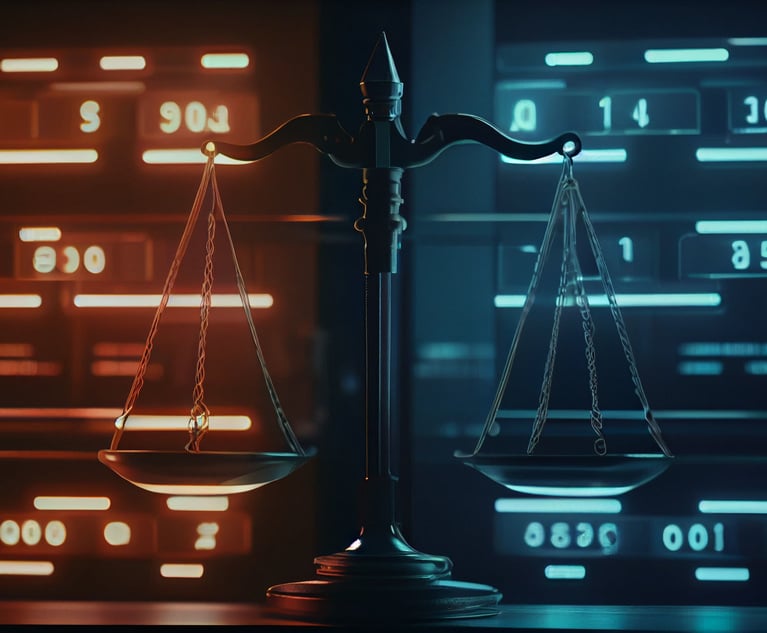People are often amazed that the U.S. Supreme Court considers a corporation to be a person for some legal purposes. In the election funding case Citizens United v. FEC and other matters, the High Court has held corporations are people as it has expanded corporate rights in recent years.
But what about computers? Can computers be people in the eyes of the law?







